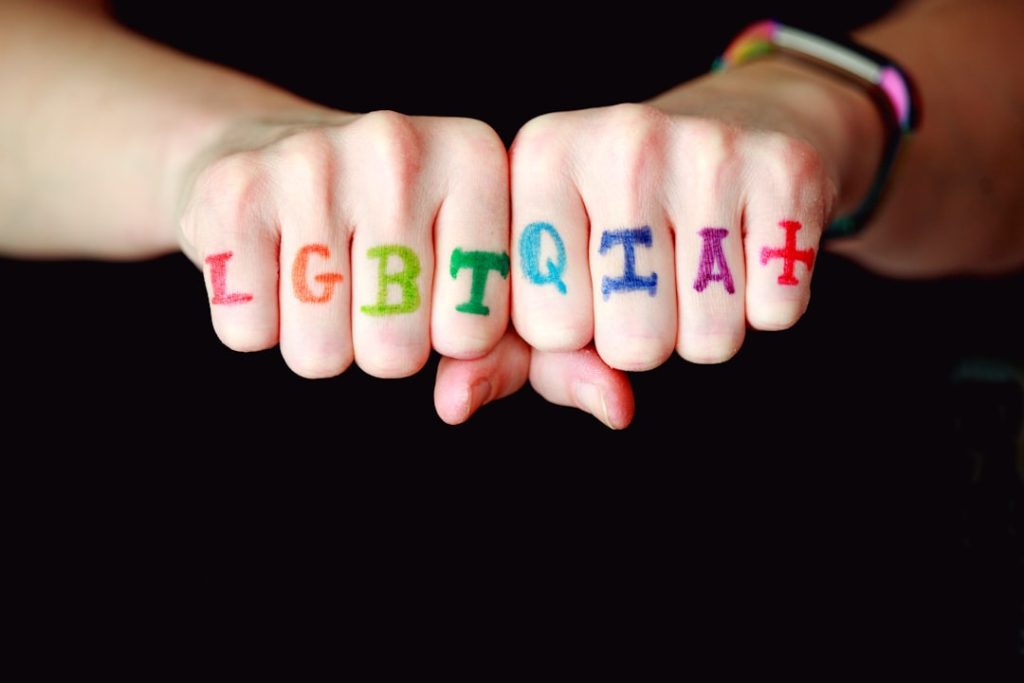Faith is a profound and multifaceted concept that transcends mere belief; it embodies trust, conviction, and a deep-seated assurance in something greater than oneself. Across cultures and religions, faith serves as a cornerstone of human experience, shaping individual lives and collective societies. It can manifest in various forms, from religious devotion to secular ideologies, and it often provides a framework through which people interpret their existence and navigate the complexities of life.
The power of faith lies not only in its ability to inspire hope but also in its capacity to foster resilience, guide moral compasses, and unite communities. Throughout history, faith has played a pivotal role in human development. It has been a catalyst for social movements, a source of comfort during times of distress, and a guiding principle for ethical behavior.
The narratives woven into religious texts and philosophical doctrines have influenced countless generations, instilling values that resonate deeply within the human psyche. Whether through the teachings of the Buddha, the principles of Christianity, or the philosophies of secular humanism, faith has the potential to uplift individuals and galvanize societies toward collective goals.
Key Takeaways
- Faith can provide individuals with a sense of strength and resilience in the face of adversity.
- Faith has a significant influence on personal values and morality, shaping individuals’ ethical decision-making.
- Faith can impact decision making and leadership, guiding individuals in their choices and actions.
- Faith can serve as a unifying force in national identity, bringing people together under shared beliefs and values.
- Faith plays a role in promoting social justice and equality, inspiring individuals to work towards a more just and equitable society.
Faith as a Source of Strength and Resilience
Finding Purpose and Courage in Faith
Many attribute their ability to persevere to their faith, which provides them with a sense of purpose and an unwavering belief that they are not alone in their struggles. This inner strength can manifest in various ways, from the quiet resolve of a person battling cancer to the loud proclamations of hope from those who have faced natural disasters.
Faith and Resilience
Moreover, faith can foster resilience by encouraging individuals to adopt a long-term perspective. When people believe that their suffering has meaning or that there is a divine plan at work, they are often more equipped to endure hardships. This perspective can be seen in numerous religious traditions where adherents are taught that trials are part of a larger journey toward spiritual growth.
Transforming Despair into Determination
Such beliefs can transform despair into determination, enabling individuals to rise above their circumstances. For example, in Christianity, the concept of suffering as a test of faith is prevalent, with many believers finding comfort in the idea that their struggles will ultimately lead to greater rewards in the afterlife.
The Influence of Faith on Personal Values and Morality

Faith significantly shapes personal values and moral frameworks, guiding individuals in their choices and interactions with others. Religious teachings often provide clear guidelines on what is considered right or wrong, influencing adherents’ behavior in profound ways. For instance, the Ten Commandments in Christianity and Judaism outline fundamental ethical principles that have shaped Western moral thought for centuries.
Similarly, the Five Pillars of Islam establish core tenets that govern the lives of Muslims, promoting values such as charity, honesty, and community service. Beyond formal religious structures, faith can also inspire individuals to cultivate virtues such as compassion, forgiveness, and humility. Many people find that their beliefs encourage them to act altruistically and to consider the well-being of others.
This moral compass can lead to significant social contributions, as individuals motivated by their faith often engage in charitable activities or advocacy for social justice. For example, numerous organizations rooted in faith work tirelessly to address issues like poverty, inequality, and environmental degradation, demonstrating how personal values shaped by faith can translate into collective action for the greater good.
Faith and its Impact on Decision Making and Leadership
The interplay between faith and decision-making is particularly evident in leadership contexts. Leaders who possess a strong sense of faith often approach challenges with a unique perspective that prioritizes ethical considerations and long-term impacts over short-term gains. This is especially true in political leadership, where decisions can have far-reaching consequences for entire communities or nations.
Leaders who draw upon their faith may be more inclined to advocate for policies that reflect their moral beliefs, such as social equity or environmental stewardship. Consider the example of leaders like Martin Luther King Jr., whose Christian faith profoundly influenced his approach to civil rights activism. King’s belief in nonviolence and love as powerful tools for change stemmed from his understanding of Christian teachings.
His ability to inspire others was rooted not only in his eloquence but also in his unwavering faith that justice would ultimately prevail. This illustrates how faith can empower leaders to navigate complex moral landscapes while remaining steadfast in their convictions.
Faith as a Unifying Force in National Identity
Faith often serves as a unifying force within national identities, providing a shared sense of belonging among diverse populations. In many countries, religious traditions are intertwined with cultural heritage, creating a collective identity that transcends individual differences. For instance, nations like India celebrate a rich tapestry of religious diversity while simultaneously embracing Hinduism as a significant aspect of their national identity.
This intertwining of faith and culture fosters social cohesion and a sense of shared purpose among citizens. Moreover, during times of crisis or conflict, faith can act as a rallying point for national solidarity. In moments of tragedy—such as natural disasters or acts of terrorism—communities often come together under the banner of shared beliefs, finding strength in their collective faith.
This phenomenon can be observed in various contexts; for example, after the September 11 attacks in the United States, many citizens turned to their faith communities for support and healing. Such instances highlight how faith can transcend individual differences and foster unity in the face of adversity.
The Role of Faith in Promoting Social Justice and Equality

The Roots of Social Justice in Faith
For instance, liberation theology within Christianity emerged as a response to social inequality in Latin America, urging believers to confront oppressive structures and advocate for the rights of the poor.
Faith-Based Organizations in Contemporary Society
In contemporary society, numerous faith-based organizations continue this legacy by addressing issues such as racial injustice, gender inequality, and economic disparity. Groups like the Interfaith Youth Core bring together individuals from diverse religious backgrounds to work collaboratively on social justice initiatives.
Faith as a Catalyst for Collective Action
These efforts demonstrate how faith can serve as a powerful motivator for collective action aimed at creating a more equitable society.
Faith as a Source of Hope and Inspiration
Faith inherently embodies hope—a belief that transcends present circumstances and envisions a better future. This hopeful outlook can be particularly transformative during times of uncertainty or despair. Individuals who maintain their faith often find solace in the belief that challenges are temporary and that brighter days lie ahead.
This perspective can be especially vital for those facing personal crises or societal upheaval. The stories of individuals who have overcome significant obstacles often highlight the role of faith as an inspirational force. For example, Nelson Mandela’s unwavering belief in justice and reconciliation during his imprisonment galvanized a nation toward change.
His faith not only sustained him through years of hardship but also inspired millions around the world to believe in the possibility of transformation through perseverance and hope.
The Challenges and Controversies Surrounding Faith in Modern Society
Despite its many positive attributes, faith is not without its challenges and controversies in contemporary society. The intersection of faith with politics often leads to contentious debates over issues such as reproductive rights, LGBTQ+ rights, and religious freedom. In some cases, individuals or groups may use their religious beliefs to justify discrimination or exclusionary practices, leading to societal divisions rather than unity.
Additionally, the rise of secularism has prompted discussions about the role of faith in public life. As societies become increasingly diverse and pluralistic, questions arise regarding how to balance respect for individual beliefs with the need for inclusivity and equality. This tension can create friction between different religious communities as well as between religious and secular groups.
In conclusion, while faith remains a powerful force for good—providing strength, shaping values, influencing leadership, fostering unity, promoting justice, inspiring hope—it also faces significant challenges that require thoughtful engagement and dialogue within modern society. The ongoing exploration of these complexities will continue to shape our understanding of faith’s role in human experience.


